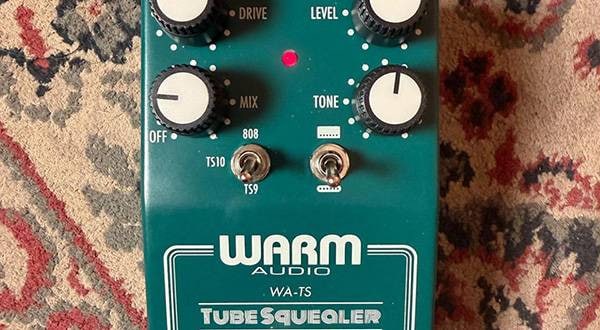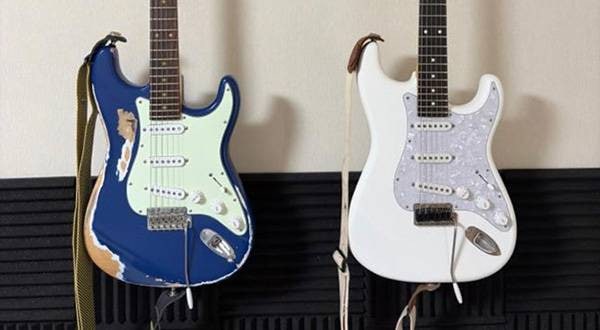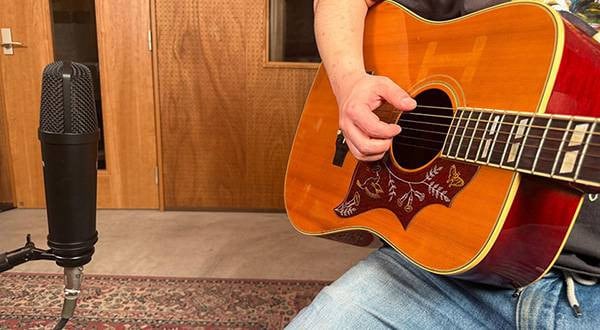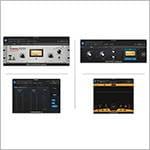Hello, this is KAN of Loose Voice! Recently, I was asked this question.
“Is it possible to self-teach vocal pedagogy?”
Of course, it is possible to carry out voice training by yourself. However, the difficult point when trying to do it on your own is that there is no judgment.
For example, even in the world of professional sports, there are always coaches and trainers nearby.
Even people who are professionals need coaches and trainers who can objectively look at them and correct their trajectory.。
In other words, it turns out that it is quite difficult to judge one's condition by oneself.

Even in vocal pedagogy, is the current vocalization state good or bad, or is it in the process going in the right direction or not? Judging by yourself is very difficult.
So, let’s do some vocal pedagogy! I think that most people feel that there’s something wrong with their own singing.
This means that in many cases you should prioritize your practice to improve first to ensure you accumulate the correct practices.
Anyone can just run, but if you need to fix the way you currently run before you run, you need the eyes of a third party!
Then, you wonder if you have to go to lessons... You'll run into a wall and it takes time and money to attend lessons.
If you've been self-taught and have been doing vocal pedagogy for many years, but your voice hasn't changed, I recommend you to take lessons.
But this is for those who are thinking of trying to reach the point where they can do it themselves!
This time, what do you want to keep in mind when doing vocal pedagogy on your own?? I will divide it into three points, and I will tell you!!
1. Understanding the current situation
First of all, I would like you to keep in mind the voice (range and voice quality) that is currently difficult for you.
Let’s analyze it in more detail than just a rough "it is difficult to sing".
What kind of voice is difficult for you?
・Is it a strong bass voice or a weak voice?
・Is it a strong high-pitched voice or a weak voice?
・Falsetto or chest voice?
・Does the difficulty change depending on the words?
I don't think there are many people to whom all of these apply.
In general, many people say that it is difficult to produce high-pitched voices, but what about the volume of your voice?
Even in high-pitched sounds, it may be easier to sing if you make a soft voice.
It turns out that you may not be using your throat properly when raising your voice.
In addition, it is necessary to check the current situation in as much detail as possible.
2. Specific experience
What is going on in your throat when it’s difficult to sing?
This may not really be happening, but let's check "what it feels like".
・Feeling stuffy
・Feeling of losing your breath
・Feeling that your throat is being squeezed
・Feeling that your throat is rising
・Feeling that the tongue is stiff
In any of the above cases, it can be said that you are finding it difficult to breathe efficiently.
When you are talking normally, your breath will flow naturally.
If you have enough breath to sing, your throat and voice will feel comfortable.
However, if you use extra force or use your throat incorrectly, you will have some trouble with your breathing.
3. Record and check your voice
Try to record and listen to what kind of voice is difficult to make.
・Sounds painful
・Sounds faint
・Sounds weak
・Sounds like it is not resonating
・Sounds like the pitch is out of sync
In the case of self-study, this is the most important thing!
It means listening to your own voice objectively.
Even if you are not a voice trainer, you can feel the difference between an easy-to-hear voice and a difficult-to-hear voice.
The reason is that the singing voice of the singer you usually listen to is surely easy to hear.
On the other hand, what about your own singing voice?
If you have a voice that feels strange, please check again what kind of range and quality your voice has!
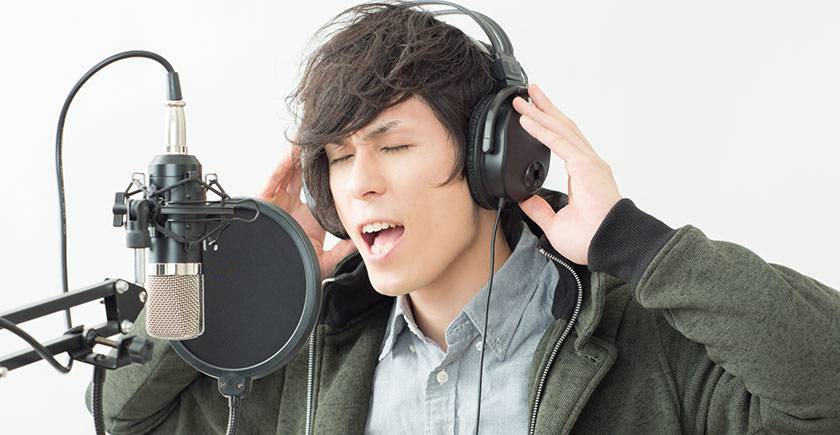
Be sure to grasp the above three points.
From there, you can practice efficiently by conducting improvement training that suits your symptoms.
I think the current vocalization state is like ten people will have ten different issues.
This means that the vocal pedagogy that you have to practice is also slightly different.
Also, although it deviates a little from the main line I'm talking about, there is one thing to be aware of.
The point is, "Can I sing with just a voice that I can easily make?"
Some people think that their singing is bad because they can't make a good voice.
Then, what about when you try to sing with only the voice (range and volume) that you can easily make?
If you still can’t sing to your satisfaction, the problem with not being able to sing well is that there are other factors than difficulty in question.
In order to avoid unnecessary practice as much as possible, please pursue the cause of why you are not satisfied with your singing.
Please refer to this!
See you next time.






